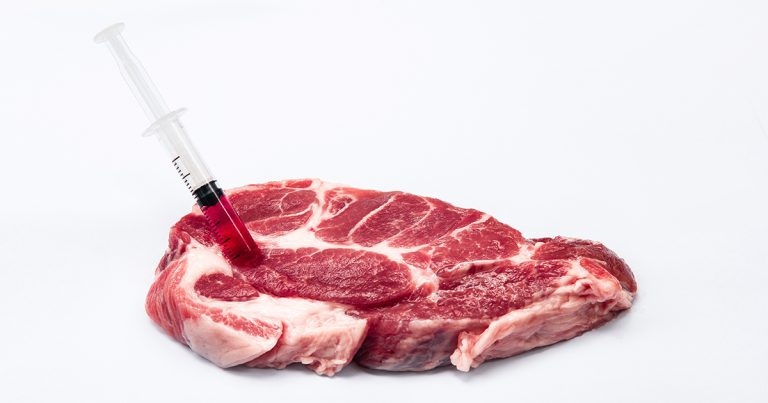9 May 2025
A vet and MP has called for further measures to protect farmers amid fears over the impact of new trade deals.

Image © PixHound / Adobe Stock
A new report has urged the UK Government to close the “welfare gap” and apply its animal welfare standards to overseas imports as well as domestic food products.
The plea was accompanied by a warning from the vet and shadow Defra minister Neil Hudson that British farmers were at risk of being “undercut” without further measures.
Ministers have insisted that this week’s newly announced trade deals with the US and India will protect food standards.
But the report by Animal Policy International, Compassion in World Farming and the RSPCA said lower welfare standards apply in 84 out of 88 countries, which either can sell animal products to the UK or will soon be able to.
Speaking at its Westminster launch, ahead of the deal announcements, Dr Hudson said the document represented a “stark warning” of the lower standards that exist overseas.
He added: “Without urgent legislative action, British farmers who uphold higher welfare practices will be undercut by cheaper, sub-standard imports.
“Protecting our brilliant farmers and our animals is a moral imperative, and I call on the Government to ensure any trade negotiations meet our animal welfare standards.”
The report argued that the problem requires a legislative solution, which already enjoys substantial public support, instead of “a piecemeal approach” of attempting to address it through negotiations with individual states.
It also suggested such an approach would comply with World Trade Organization requirements, particularly if it was implemented in the form of a ban on sales of products with inadequate welfare standards regardless of where they originated from.
Although the topic was not specifically mentioned in the press statement announcing the US deal, the Government insisted it had “maintained our animal welfare commitments throughout” its talks with India.
Both deals are also said to have maintained food standards too with the American deal announcement insisting there would be “no weakening” of import rules.
But Mandy Carter, Animal Policy International’s co-executive director, warned of a “pivotal moment” where action was needed to prevent any further deterioration.
She said: “Allowing imports with lower welfare standards creates a race to the bottom that sells out British values and farmers.”
The National Pig Association has also called for the development of “core production standards” that would be applied to both domestically produced and imported food.
But it said the India agreement had set “an important precedent” in maintaining the UK’s high production standards.